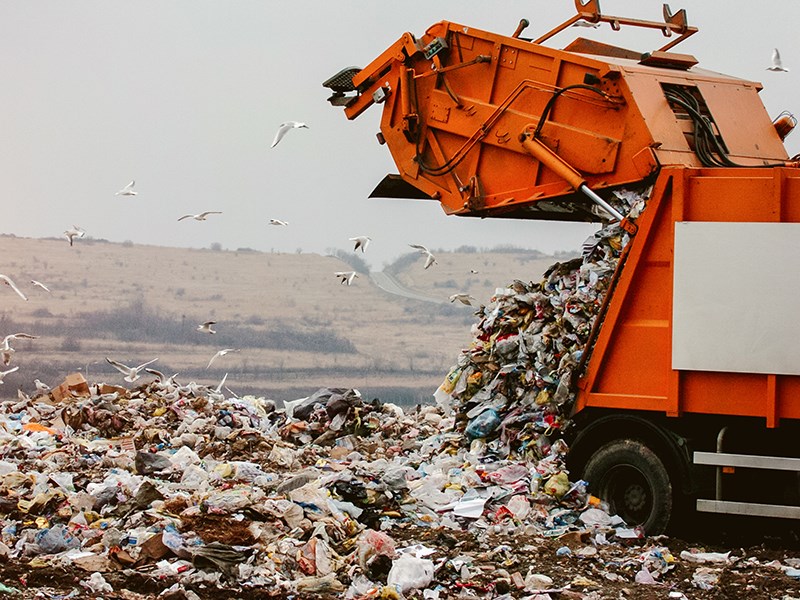When was the last time you found yourself, almost without a thought, saying something along these lines? I’m taking out the trash. Where can I toss this? Do you have a waste bin? Just get rid of it. I’m headed to the dump. I threw it away.
Seemingly innocent, these phrases hold the power to disconnect us from the resources that pass through our lives. Words have weight, and they subtly guide our conscience and thereby our actions.
Most Powell River residents are in the bad habit of referring to our local transfer station as the dump. Rather than the south-of-town collection site being the final resting place for our garbage, however, it is only the first of several stops along the way to a certified landfill in the United States.
Landfills, it turns out, are expensive and cumbersome to locate and certify, let alone for a municipality to gain access to. So, for qathet Regional District, every scrap of so-called waste goes on a long and costly journey. First loaded onto shipping containers, it is then trucked down to a barge and floated to the Lower Mainland, where it eventually boards a train. From there it crosses the border and finds its way to the Rabanco landfill in central Washington.
What a waste indeed, especially when we consider what we are tossing. About 40 per cent of our garbage is, in fact, compostable material that could be turned into nutrients for the soil in the right environment. A landfill is not the place for anything organic to break down, however. Instead, it goes through another process, creating methane, a potent greenhouse gas known to be over 25 times more harmful than carbon dioxide.
Beyond organics, we are tossing items that could be repaired, reused, or recycled. It’s almost too easy to throw things away. We are perhaps too efficient at removing trash from our sight and thus our minds, at least for now.
It may be that landfills will be renamed as resource mines down the road. There are dangers involved in this type of excavation, though, as it could involve puncturing protective liners that keep toxic chemicals from leaching into our soil and waterways. Best to keep our resources above ground where they are easily accessible than use them a handful of times and bury them in rural tombs.
Gone are the days of the open-pit incinerator for our little coastal town. And thank goodness, but this does not mean our new alternative is sustainable or without massive gaps in accountability. It seems we have been engaged in a kind of willful amnesia but are soon to wake up to the stench of our wasted resources.
It’s time we rethink before we throw.
Let’s Talk Trash is qathet Regional District’s waste-reduction education program.



